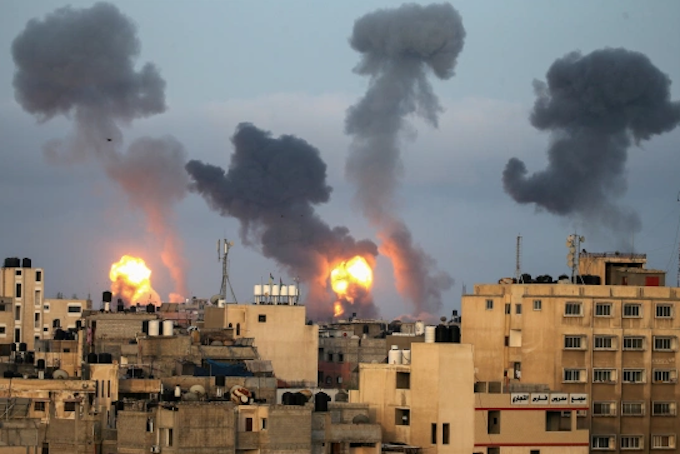Over the last few months, Tanisha Burton has developed respiratory issues for the first time in her life. Her shortness of breath landed her in the emergency room in April, where she was prescribed an Albuterol inhaler to manage the problem. Burton lives on Beniteau Street, located in southeast Detroit. Outside her back door is the recently expanded Detroit Assembly Complex — a massive auto-manufacturing facility consisting of two assembly lines pumping out Jeep Grand Cherokees and Dodge Durangos.
Burton says the onset of her respiratory issues coincided with the start of construction to expand the plant, which includes the first new auto assembly line in Detroit in 30 years.
Respiratory issues aren’t the only thing that has changed in Burton’s life during the expansion. An insurance appraiser recently pointed out that the foundation of her home had moved, likely due to the vibrations and shaking produced by the nearby facility. There’s also a constant foul smell, she said, and noise that wakes her up at all hours of the night. It is almost like “you can smell the pollution in the air,” Burton said, “and I hate waking up at three, four in the morning because I hear all this banging.”
The new and expanded auto assembly lines belong to Stellantis, the fourth-largest automaker in the world, created from the merger of Fiat Chrysler Automobiles (FCA) and Peugeot-maker PSA Group earlier this year. For some Detroiters, the new facility has been a source of excitement and hope. Detroit became known as the “Motor City” because of it’s thriving car-making scene — General Motors, Ford Motor Company, and Fiat Chrysler Automobiles were all founded in Detroit. But in recent years, some have questioned whether Detroit is still the heart of the automobile industry in the United States, thanks to the sharp decline in manufacturing jobs. Between 2001 and 2017, auto-manufacturing jobs in Metro Detroit declined by 38 percent. The expansion of Stellantis’ facility is estimated to bring 5,000 of those jobs back.

But there is one major hitch: The complex sits within a low-income and majority Black community in southeast Detroit that is already plagued by pollution from nearby industry, including a General Motors assembly plant, two metal processors, and two major highways that run through the area.
As part of the approval for the expansion of the Detroit Assembly Complex, FCA, and later Stellantis, had to ensure it wasn’t increasing its overall emissions in the area. Southeast Michigan is already a nonattainment region for ozone levels, regulated by the Environmental Protection Agency. Because of this, no additional activities that produce ozone are allowed. So, in order to expand its Detroit facility on the east side, Stellantis agreed to reduce emissions from its existing plant in Warren, a mostly white, higher income city. Stellantis will reduce emissions in Warren by 10 percent, plus the amount the expanded Detroit facility will produce.
Activists argue Stellantis’ decision is a clear example of environmental racism — the company chose to reduce harmful air pollutant emissions in a mostly white neighborhood in Warren so that it could increase them in a majority Black neighborhood in Detroit.
“We’ve bailed out FCA multiple times,” Eden Bloom, an organizer for the advocacy group Detroit People’s Platform and a resident in the neighborhood surrounding the assembly complex, told Grist. “And here we are on the eastside of Detroit, giving them another almost half-a-billion dollars for a plant that is in the middle of a high-poverty, high-asthma, 90 percent-Black neighborhood.”
The asthma rate in the neighborhood around the Detroit Assembly Complex is currently three times higher than the state average, and twice as high as Detroit’s. Ozone is a major trigger for asthma attacks and respiratory illness. On June 6, the area had its third ozone action alert this year, which means levels are so high that residents should avoid certain activities and stay inside if they already have a respiratory illness that makes it difficult to breathe.
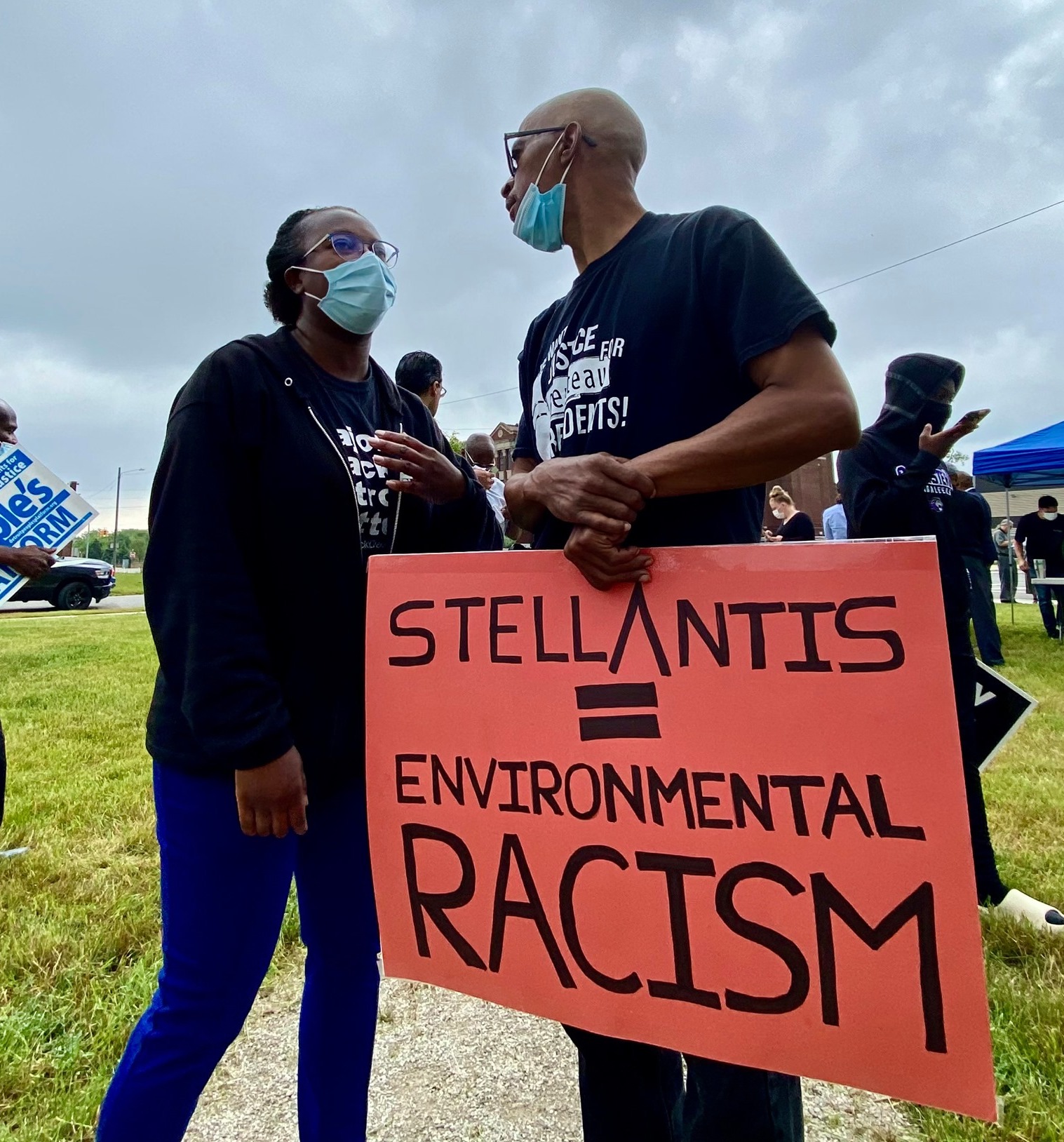
In early June, community organizers and protestors crashed a Stellantis event in Detroit meant to kick off the company’s green initiatives, including its $1 million commitment toward making the eastside neighborhood the greenest in the city and, according to a Stellantis representative, making one of the Detroit Assembly Complex’s facilities the lowest volatile organic compound-emitting plant in the country. In total, Stellantis has committed around $30 million for community benefits, from the construction of a new stormwater park, to tree planting initiatives, to funding a manufacturing career center at the local high school. The company, however, will receive much more than that in tax credits from the state for the expansion project — more than $400 million.
Protestors, organizers, and residents all say Stellantis’ green initiatives aren’t enough to make up for the noise, odor, and air pollution that will impact the daily lives and health of the surrounding community.
“The community return on investment is really low. It’s an insult,” said Bloom. “And then to do these grandiose gestures and have a press conference and say you’re the greenest thing in southeastern Michigan is just laughable.”
“I’m beyond disappointed with all of this,” local resident Robert Shobe told Planet Detroit, a local news outlet. “I think it’s wrong for them to take our tax dollars to kill us.”
Stellantis is required by state and federal regulation to show that it is in compliance with emissions limits of pollutants at all of its factories, including for volatile organic compounds, or VOCs, particulate matter, sulfur dioxide, and nitrogen dioxide. But that compliance is self-reported, which has residents concerned given that FCA, before joining with Stellantis, previously lied about its emissions. In 2019, the company was sued by federal regulators for tampering with technology to produce lower emission results, culminating in an $800 million settlement. FCA was also recently found guilty of bribing union leaders, resulting in a $30 million dollar settlement.
Community members and environmental activists from Detroit have largely been against the project since it was first announced in 2019, voicing concerns at public comment hearings and protesting. Despite these actions, the Michigan Department of Environment, Great Lakes, and Energy, or EGLE, granted the facility the permits needed to expand starting in 2020.
A spokesperson for Stellantis defended the decision to reduce emissions at its Warren Truck Assembly Plant while increasing them at the Detroit complex, telling Grist that federal regulations do not require projects to be located at a specific spot within a nonattainment region. The spokesperson also pointed to the company’s green investments and initiatives in the eastside neighborhood, which include home repair grants, an ambient air quality monitoring station, and giving money to the Chandler Park Conservancy. “We are pleased that EGLE has evaluated the Detroit Assembly Complex — the Mack and Jefferson projects — and found that the plants meet air quality rules and regulations,” Kaileen Connelly, the head of Stellantis’ global content hub, told Grist.
Media officer Nick Assendelft of EGLE told Grist that modifications were made to the Warren Truck plant instead of the Detroit facility because Warren Truck has historically had higher annual emissions of VOCs compared to the Detroit plant, which installed pollution control technology 10 years ago. But Macomb County, where Warren is located, has close to half the amount of hospitalizations and deaths caused by asthma than Wayne County, where Detroit is located. “Installation of additional control equipment at Jefferson North [in Detroit] would not have created enough offsets; therefore, FCA/Stellantis proposed to install control equipment at Warren Truck,” Assendelft told Grist.
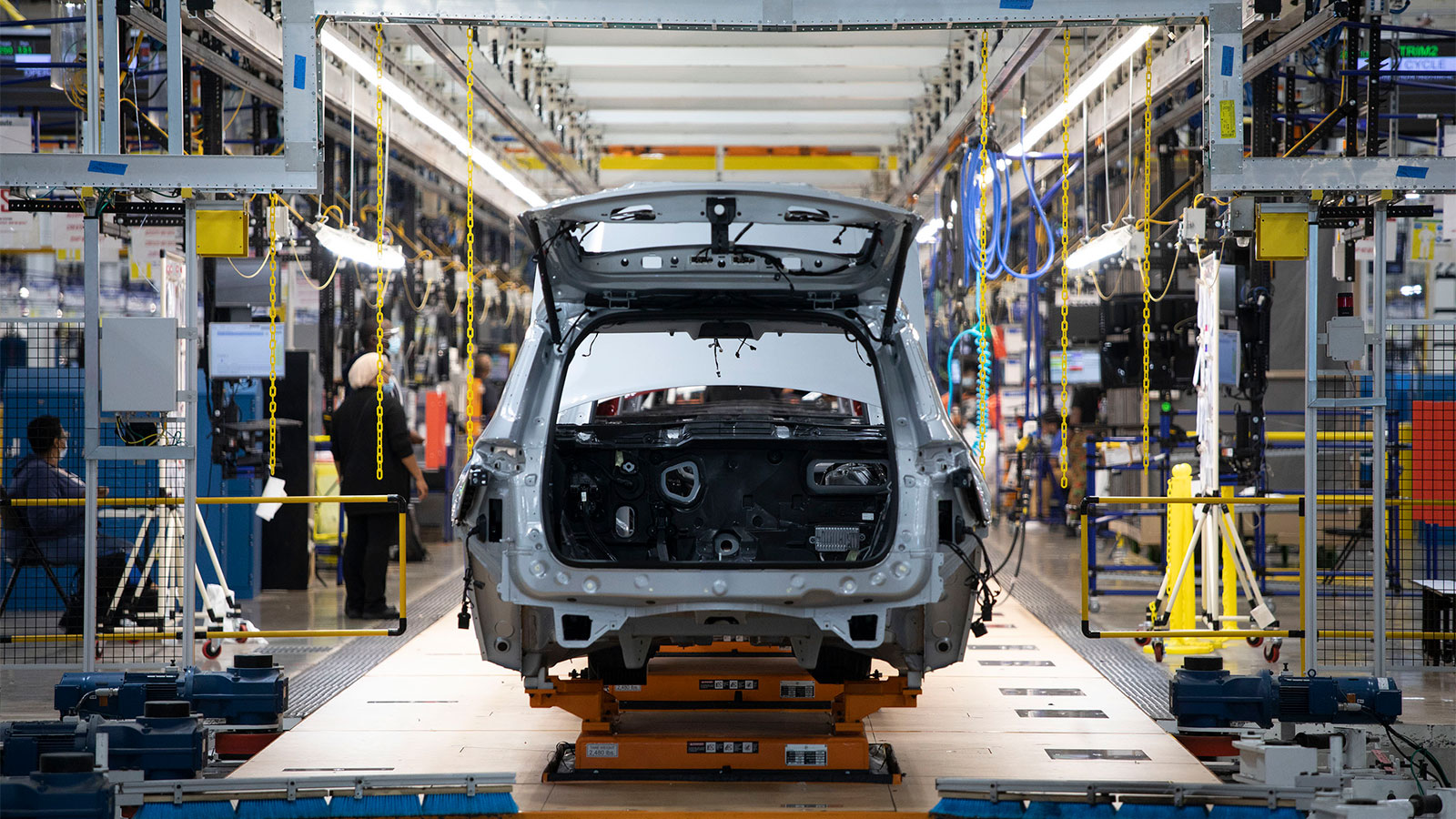
As a part of the community benefits agreement between FCA, now Stellantis, and Detroit, each house in the areas surrounding the manufacturing facility is eligible for $15,000 for home improvements such as sealing up windows, installing air conditioning, and in some cases fixing roofs — measures that can help keep air pollution out of people’s homes. But residents say the money isn’t sufficient to protect them from the impacts of increased emissions from the plants. “It’s not enough to seal up the house and make it safe,” said Bloom of Detroit People’s Platform.
Burton said there were restrictions on the money that Stellantis gave residents, and she wasn’t able to make all the repairs she needed to. “You could only use their [city-approved] contractors, you couldn’t use anybody else,” Burton said. “The bids were so high.” With the $15,000 she was given, she fixed her roof, but was unable to also fix her foundation, replace her windows, and soundproof her house.
Some community leaders have proposed that Stellantis use a powder-based paint on the automobiles it is manufacturing, which would help reduce VOC emissions from the Detroit facility. But in response to a public comment, EGLE argued that a powder paint would result in quality differences on the vehicle and would require a complete redesign, which would be cost prohibitive.
Bloom said, “It all comes down to the bottom line. And in order for them to implement the right machinery, the proper equipment, and anything else that they would need to reduce those emissions further would shift their bottom line — their profit margins.”
Burton said Stellantis, “wants to show this [facility] off to the world, but they’re not including the residents,” such as valuing their opinions. “We’re appreciative of what they did offer us, but we need help in other areas and they should make sure we are safe across the board.”
This story was originally published by Grist with the headline Detroit’s first new assembly line in 30 years will compound pollution in Black neighborhoods on Jun 17, 2021.
This post was originally published on Grist.
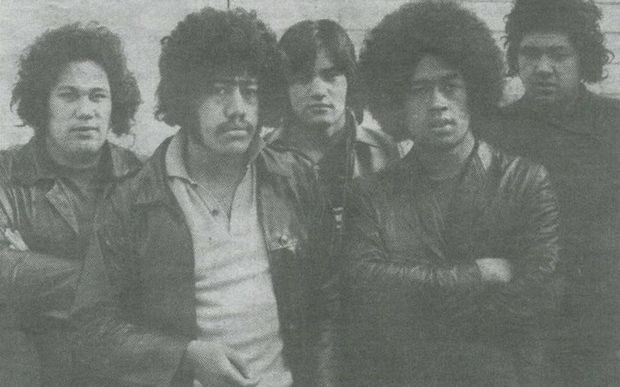
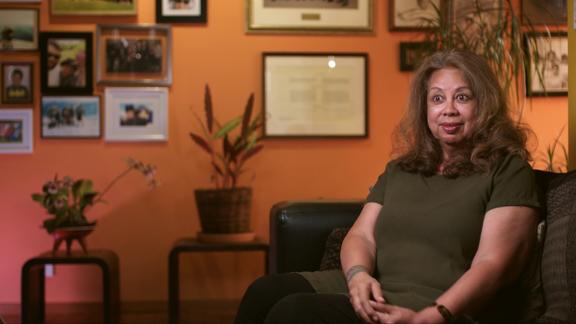
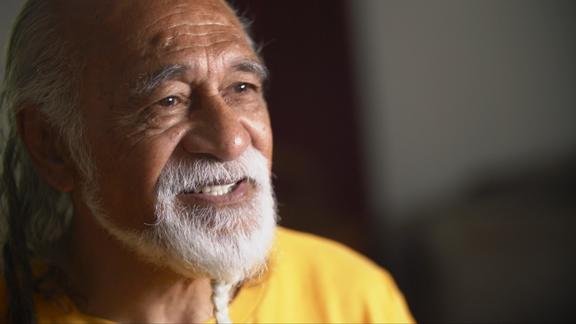

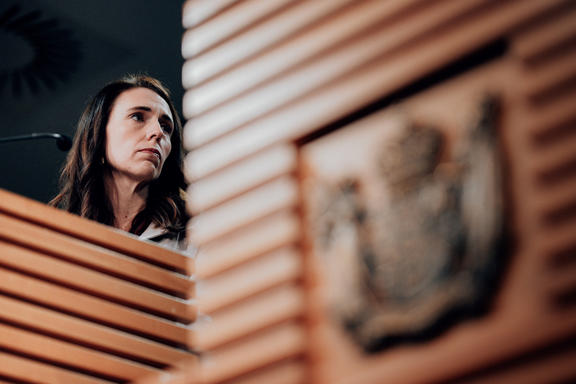
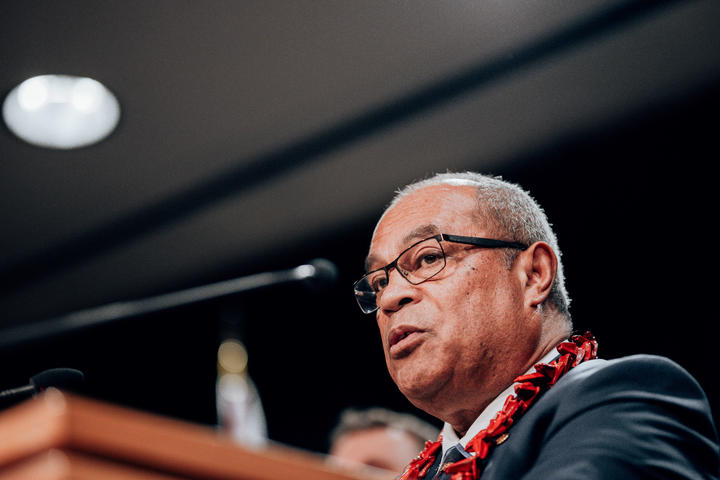







 Join the demo on Saturday before Osime Brown's judicial review!
Join the demo on Saturday before Osime Brown's judicial review!
 Don’t believe the bullshit
Don’t believe the bullshit
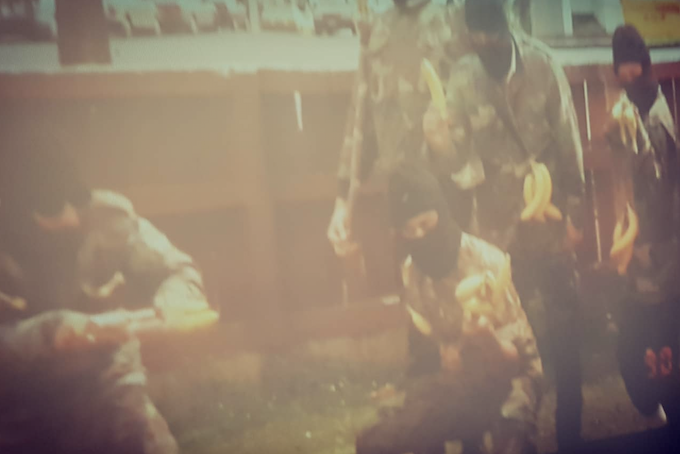
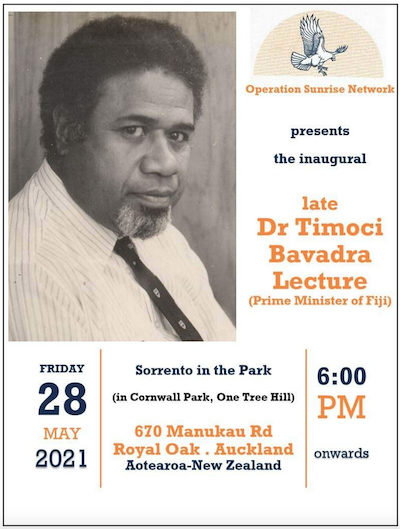
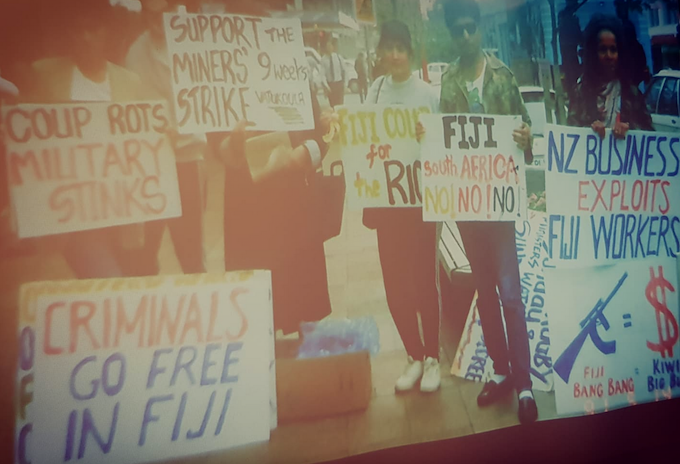
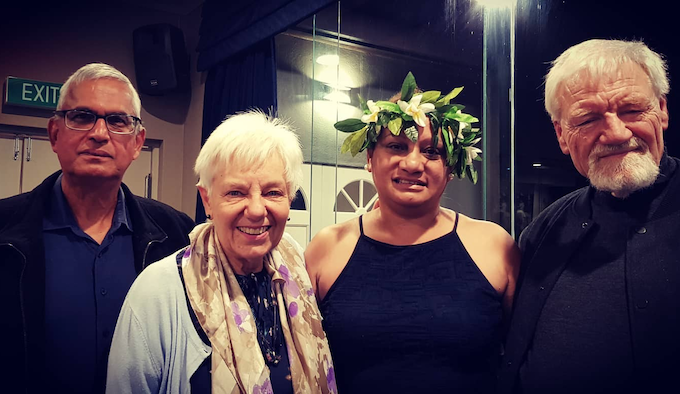
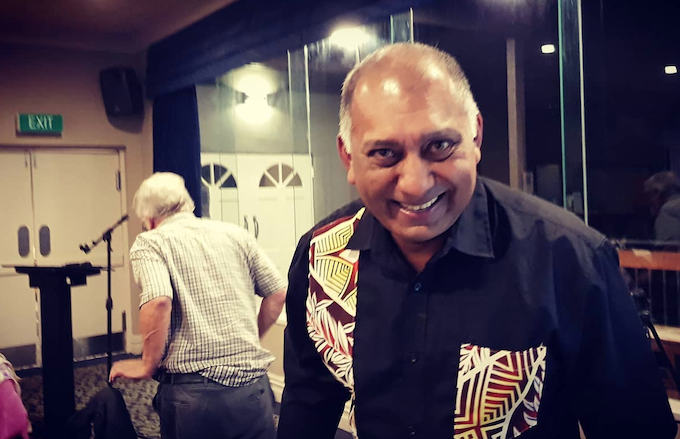
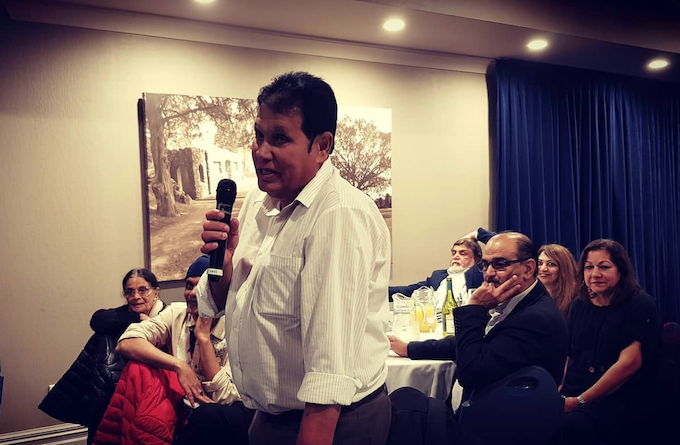
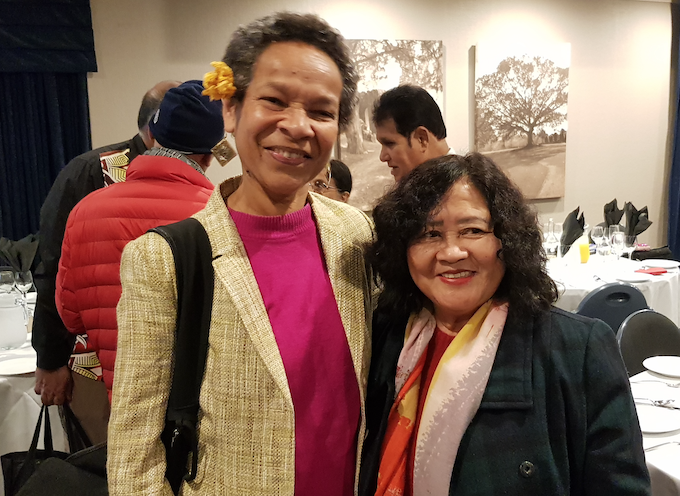
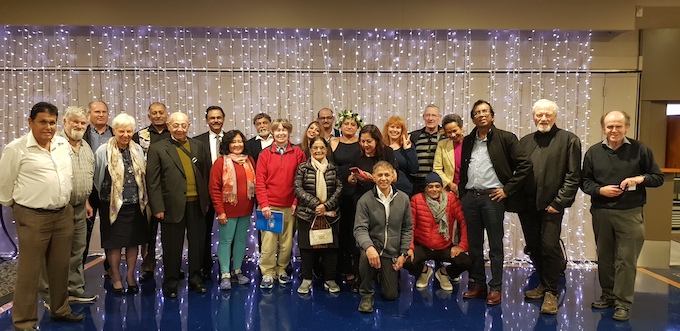
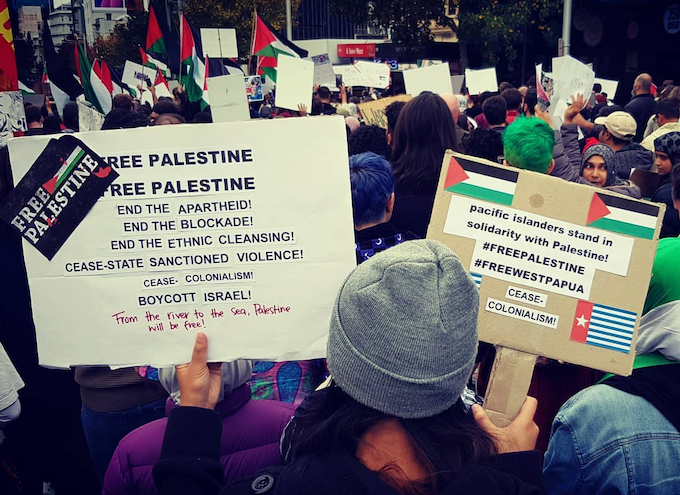


 (@TheMendozaWoman)
(@TheMendozaWoman) 
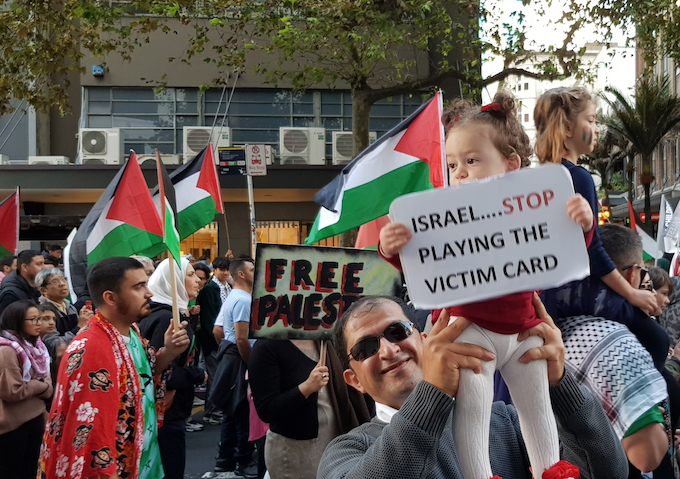
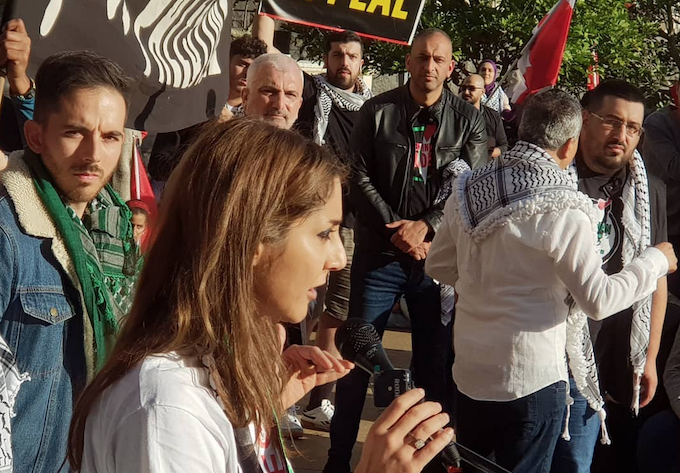


 Guilherme Prado e Lucas Tanaka
Guilherme Prado e Lucas Tanaka 





 PROTEST ANNOUNCEMENT
PROTEST ANNOUNCEMENT






 (@nnnourrrrrr)
(@nnnourrrrrr)  aisha
aisha 


